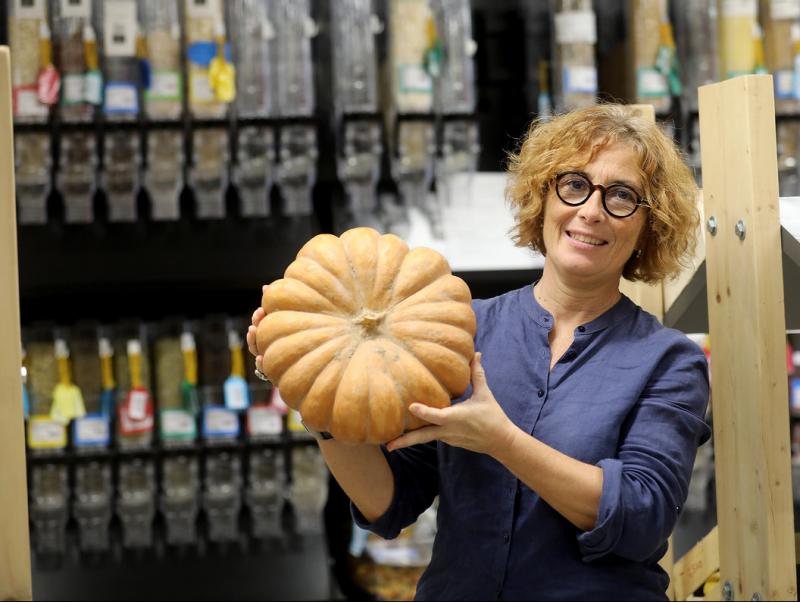from the editor
Fighting food loss and food waste
Popular wisdom has always provided us with useful advice related to food, and surely the broadest one, shared between cultures, regions and generations, is the one that says: “food mustn’t be wasted”. This simple principle has inspired humanity for centuries, and has allowed us to face terrible hardships by applying common sense when it comes to dealing with food. Throwing away food has always been one of the biggest misdemeanors in any family. But the emergence of today’s consumer society, with supermarkets that put everything within reach, throughout the year, making it easy to purchase, has broken this historical thread and caused a bubble of opulence that is ever more difficult to sustain. Today, throwing away food is a sad and widespread reality in the first world. Shops, restaurants, businesses, and families all throw away food on a daily basis. Yet some governments are beginning to realise that the problem is structural, and they are launching campaigns to prevent and reduce food waste, while a number of creative solutions are on the rise. Through efforts to compost food scraps and eliminate single-use plastics, restaurants, chefs, and organisations devoted to sustainability are testing out new ways to reduce food waste. With a bit of planning and practice, anybody can reduce food waste and have a more sustainable kitchen. Nose-to-tail cooking, that is, making dishes that use the entire ingredient, is an action that everyone can do at home, too.
In the background, there is also concern about an uncertain future, also in terms of food, for which western society does not seem to be prepared. The era of opulence has plunged the West into a reality of false abundance, of easy and relatively cheap access to what we believed were unlimited resources, at a time when world hunger is on the rise. All the statistical and scientific data advise us to change our habits and prepare for a world with more difficulties, where basic resources – water, food, energy – cannot always be taken for granted. Becoming aware of it is the first step. In our first of issue of the year, you will find the feature On the table and not in the bin (pages 14-21), which explores food waste and offers examples of good practices that will help you maintain a more sustainable relationship with food, reduce food waste and help the environment.



